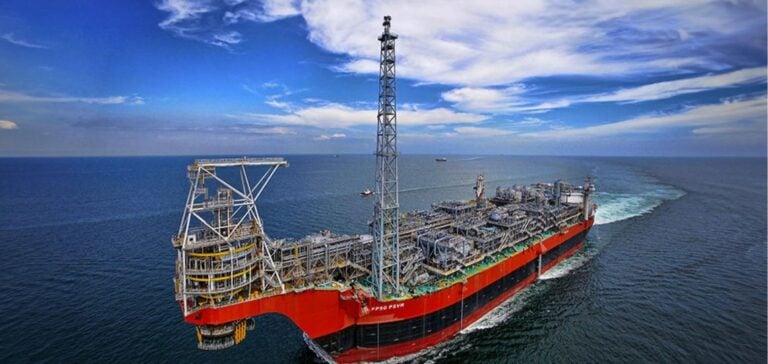Senegal’s oil sector is experiencing significant momentum as crude exports increase, reaching a capacity of 100,000 barrels per day (b/d) just three months after the start-up of its first project.
This development, which marks an important milestone for the country, is the result of Woodside Energy’s activation of the Sangomar project.
This project, located offshore Dakar, saw its export volumes rise from 70,000 b/d in July to 100,000 b/d in August, according to S&P Global Commodities data.
This surge in production comes against a backdrop of pressure on the global oil market, notably due to OPEC+’s efforts to stabilize prices in the face of abundant supply from non-member producers.
Impact on the global oil market
The increase in Senegalese crude exports represents an additional challenge for OPEC and its allies, who are trying to maintain market balance.
While the alliance continues to restrict supply by keeping millions of barrels off the market, the rise of producers like Senegal could see them lose market share, particularly with regard to growing demand from China, the world’s largest crude importer. Shipments of Senegalese crude, which were initially sent to markets in Malaysia and Europe, are now finding buyers in China, underlining the growing importance of this new producer on the world stage.
At the same time, Senegal is preparing to enter a new phase with the Greater Tortue Ahmeyim project, which is due to go into production in the fourth quarter.
The project, which spans the border between Senegal and Mauritania, is set to produce 2.3 million metric tons of liquefied natural gas (LNG) per year in its first phase.
Kosmos Energy is also looking for a partner for its Yakaar-Teranga gas project, which aims to supply the local market and export LNG.
Government reforms and political uncertainty
The Senegalese government, led by Bassirou Diomaye Faye, has clear ambitions for the hydrocarbons sector, which it sees as an essential lever for revitalizing the national economy.
However, the reforms envisaged, in particular the revision of hydrocarbon contracts, are causing concern among investors.
Faye, who won the elections with a program focused on systemic transformation, dissolved parliament to win popular support for his reforms.
This decision could enable him to strengthen his position and implement bolder policies.
Mucahid Durmaz, senior analyst at Verisk Maplecroft, points out that Faye’s party is well positioned to win a parliamentary majority in the early elections.
However, such a victory could also exacerbate more interventionist policies aimed at extracting more revenue from the energy sector, which could jeopardize Senegal’s efforts to become a major oil and gas producer in the region.
Tensions between the government and the opposition could also slow down the implementation of necessary reforms.
Consequences for investors
The government has already launched an audit of the energy sector and set up a commission of experts to examine hydrocarbon contracts. However, sources indicate that progress has been hampered by disagreements between the executive and parliament.
Investors fear that strict fiscal assessments will follow, which could damage confidence in a market that has been perceived as attractive.
A Woodside spokesman stressed the importance of industry and government working together to ensure a stable investment environment.
Despite talk of renegotiating contracts, industry sources report that government rhetoric has shifted towards reviews rather than renegotiations.
Most energy and mining contracts contain stabilization clauses to protect investors against legislative or regulatory changes.
This suggests that, while the government may intensify its review of contracts, it is unlikely to take hostile action against foreign operators, given the crucial importance of the energy sector to the Senegalese economy.
Future prospects
Recent developments in Senegal’s oil sector point to a potential turning point for the country’s economy.
Increased crude exports and ongoing gas projects could generate significant revenues for the government.
However, the way in which the government manages relations with investors and the reforms envisaged will be decisive for the future of the sector.
Market players are keeping a close eye on political and economic developments, as they could influence the stability and growth of Senegal’s energy sector.
The stakes are therefore many, and Senegal is at a crossroads where decisions taken today will shape its energy landscape for years to come.
Sector players have to navigate a complex environment, where growth opportunities coexist with political and economic uncertainties.





















